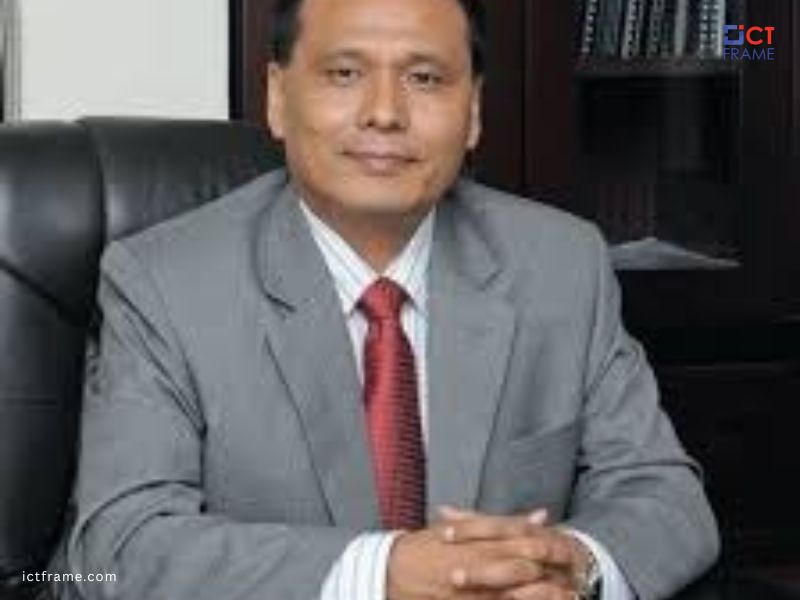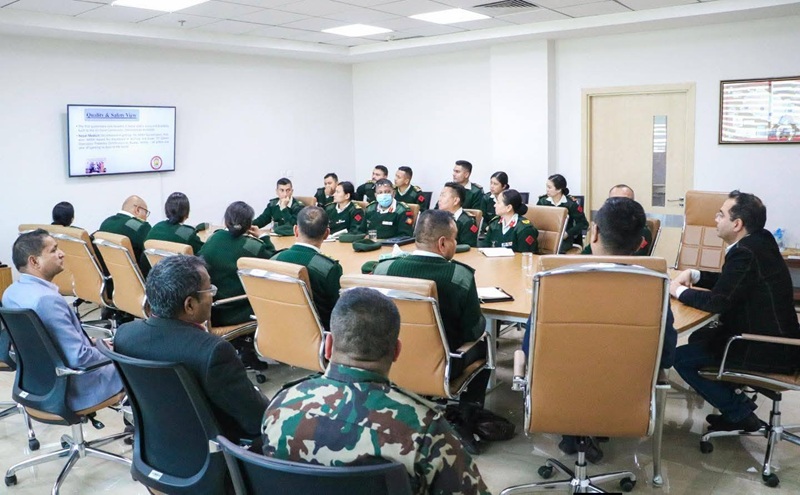Minister Kulman Ghising Directs NEA to Immediately Collect Unpaid Dedicated Trunkline Dues
Kulman Ghising Dedicated Trunkline Dues
15th September 2025, Kathmandu
In a move that has been widely anticipated by the public and a source of apprehension for major industries, newly appointed Minister for Energy, Water Resources and Irrigation, Kulman Ghising, has directed the Nepal Electricity Authority (NEA) to begin immediate collection of long-overdue payments from dedicated trunkline users.
Kulman Ghising Dedicated Trunkline Dues
This decisive action, announced as the minister’s very first decision upon assuming office on Monday, marks a significant shift in the government’s stance on a highly contentious issue that has plagued the nation’s energy sector for years.
The outstanding dues from industries using dedicated and trunk power lines have been a simmering point of conflict, often pitting the state-owned NEA against powerful business interests.
These special power lines were originally implemented to provide uninterrupted electricity to industries even during the peak of the country’s load-shedding crisis.
However, the billing and collection of tariffs for these services became a source of major dispute, with industries contesting the billed amounts and successive governments failing to provide the NEA with the necessary authority to enforce payment.
For Kulman Ghising, this issue is not new; it is a battle he has fought before. During his highly successful earlier tenure as NEA’s executive director, which saw him end Nepal’s crippling power cuts, he often faced political hurdles in his efforts to collect these very same arrears.
Reports from that period suggest that while he pushed for the collection, the government of the day did not grant the authority the clearance to pursue the matter aggressively, leaving billions of rupees in outstanding payments.
His abrupt removal from the NEA’s leadership in March 2025 was widely seen as politically motivated and linked to his firm stance on this issue, among others.
Now, with Ghising at the helm of the ministry itself, the tables have turned. His direct order to the NEA to proceed with the collection of dues signifies that this time, he has the political backing to see the process through.
The move is expected to be met with strong resistance from the defaulting industries, many of whom have either challenged the bills in court or have used political influence to evade payment.
However, the minister’s unwavering reputation as a no-nonsense, results-oriented leader, who previously brought an end to decades of load-shedding, gives this directive considerable weight.
The unpaid dues are not just an accounting issue; they represent a significant financial burden on the NEA. The power utility, which has been transformed into a profitable entity under Ghising’s management, needs these funds to invest in new infrastructure, expand its grid, and ensure long-term energy security for the nation.
The recovery of these outstanding dues will be crucial for the NEA’s financial health and its capacity to fund future projects without relying heavily on government subsidies or foreign loans.
The contentious nature of the issue stems from the differing interpretations of the tariff structure and the legality of the bills. While the NEA maintains that the tariffs were duly charged for a premium service, many industrialists have argued that the bills were arbitrary and lacked a clear legal basis, especially after the country became load-shedding-free.
The government’s decision to form a commission to resolve the dispute, which produced the “Lal Commission report” in late 2024, did little to bring the matter to a decisive close.
Ghising’s new directive aims to cut through this bureaucratic and legal stalemate. By giving the NEA a clear mandate, he is signaling that the era of unpaid bills and political lobbying is over.
This policy shift aligns with the growing public demand for accountability and good governance, particularly in the aftermath of the recent Gen-Z protests.
The youth-led movement has highlighted the need for transparency and an end to corruption, and Ghising’s action on this long-standing issue is seen as a direct response to these demands.
As the NEA prepares to take action, all eyes will be on the industries that have been defaulting. The minister’s directive is a test of the government’s resolve and a potential watershed moment for the energy sector.
If successful, the collection of these dues will not only bolster the NEA’s finances but also set a powerful precedent that no one, regardless of their influence, is above paying for the services they consume.
For more: Kulman Ghising Dedicated Trunkline Dues







